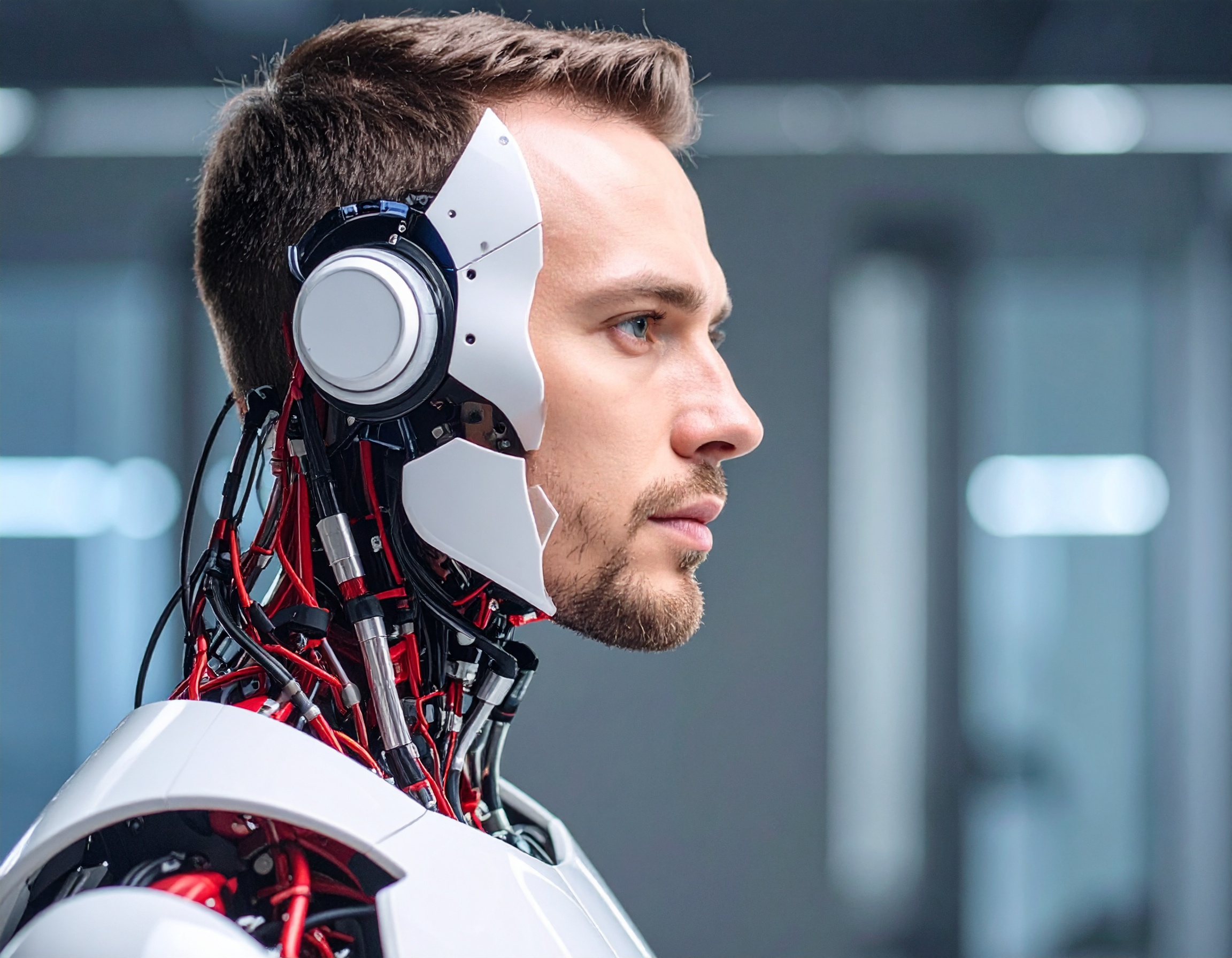Automation Showdown: How “Digital Employees” Sparked a Labor Dispute at US Ports

The Strike That Stopped US Ports
In October 2023, approximately 25,000 members of the International Longshoremen's Association (ILA) initiated a strike, halting operations at several major US container ports. The catalyst? Disagreements over automation, specifically the introduction of semi-automated cranes by the United States Maritime Alliance (USMX). While an initial deal promised workers a pay increase, the larger conflict—over the role of intelligent agents and non-human workers in shipping operations—remains unresolved.

Why Automation is a Contested Issue
This dispute isn’t just about cranes; it’s a microcosm of a growing global debate over automation's role in the workforce.
- Employers' Perspective: The USMX argues automation is essential for addressing labor shortages and keeping ports competitive in an increasingly tech-driven world.
- Unions' Fears: The ILA contends that replacing human dockworkers with digital employees could result in massive job losses and worsen economic inequality.
The concerns raised by the ILA echo those of unions in other industries, from manufacturing to finance, where intelligent agents are increasingly performing tasks traditionally handled by humans.

What This Means for the Future of Work
The stakes of this conflict go beyond the docks. As automation reshapes industries, the longshoremen’s strike could set a precedent for labor negotiations in other sectors. If businesses prioritize efficiency and cost-cutting over job retention, unions may respond with more aggressive demands for worker protections.
The resolution of this dispute will influence not only the future of shipping but also broader strategies for integrating non-human workers into the economy. Will the promise of collaboration between human and digital employees become a reality, or will the fear of job displacement dominate?
This strike is more than a localized labor issue—it’s a pivotal moment in the ongoing conversation about technology's impact on employment. Whether the outcome fosters innovation alongside job security or deepens the divide between humans and machines will shape the future of work for generations.

Key Highlights:
- Employers' Argument: Automation, including intelligent agents and digital employees, is necessary to address labor shortages and boost efficiency in shipping operations.
- Unions' Concern: Job displacement from non-human workers could lead to significant unemployment and economic inequality.
- Broader Implications:
- The strike reflects a larger global debate about integrating automation into the workforce.
- Outcomes could influence labor policies in industries beyond shipping.
- Balancing innovation with job security is a key challenge for the future of work.
- Relevance: The strike underscores the need to navigate the relationship between human workers and digital employees as automation reshapes economies worldwide.
Reference:
https://www.ft.com/content/eb11f69c-e45c-4f23-8793-0ca5866b4b67


